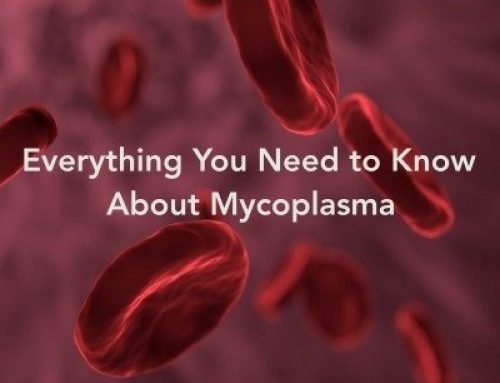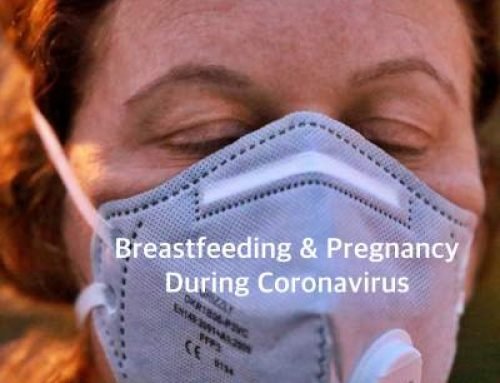Adhesions
PATIENT FACT SHEET : ADHESIONS
This fact sheet was developed in collaboration with The Society of Reproductive Surgeons
When the abdomen (belly) is injured because of disease or surgery, adhesions (scar tissue) can form. It is bands of tissue that can form between abdominal organs (uterus, fallopian tubes, ovaries, or bowel) and/or between these organs and the wall of the abdomen. Depending on their location, it can make it difficult for you to get pregnant or can cause bowel obstruction or pain. If you experience any of these conditions, your doctor might suspect that you have adhesions. Surgery is required to diagnosis and treat adhesions.
Causes of adhesions
Diseases and infections that can cause adhesions to form include: endometriosis, diverticulitis (colon inflammation), appendicitis, cholecystitis (gallbladder inflammation), and pelvic inflammatory disease (condition primarily caused by a sexually transmitted disease). The further your disease has progressed, the worse the it may be.
Surgery can cause adhesions. If the tissue in your abdomen is unhealthy before your surgery, you are more likely to have adhesions following surgery. The kind of surgery you have also affects whether adhesions will form. Although any surgery can lead to adhesions, they are more likely after traditional (open) surgery than after minimally invasive surgery or laparoscopy. Minimally invasive surgery may cause less tissue damage because the surgeon only makes a few small openings and uses a camera to view your internal organs and abdominal cavity. Some people are more likely than others to have it because of the genes that they inherit from their parents.
There are some surgical products that may prevent the development of adhesions. If you require surgery, you should talk with your doctor about whether any of these products would be helpful to you.
Complications of adhesions
Infertility and pregnancy complications. Adhesions that form on a woman’s ovaries or fallopian tubes make infertility more likely. Women with adhesions in or around their fallopian tubes have a greater risk of ectopic (tubal) pregnancy, which is a pregnancy that develops outside the uterus (womb). Adhesions that form within the womb can contribute to infertility and repeated miscarriages. These kinds of adhesions are called Asherman’s Syndrome or uterine synechiae.
Bowel obstruction. Adhesions involving the small intestine (bowel) can partially or completely block your bowels (bowel obstruction). In fact, except for cancer, it is the most common cause of bowel obstruction.
Pain. Adhesions may cause pain in the abdomen or pelvis, particularly if they cause organs to move away from their normal location or if they become fixed (stuck) in an abnormal position.
Diagnosing and treating adhesions with surgery
Surgery is the only way to confirm the presence and location of adhestions. If you are having trouble getting pregnant, your doctor might suggest that you have minimally invasive surgery to check for it and remove any that are found.
Insurance
Embry Women’s Health is committed to providing quality, affordable health care. We’re in-network with all major insurance plans, including Aetna, Blue Cross Blue Shield, Cigna and UnitedHealthcare. No insurance? No problem. We offer a simple fee schedule for those who wish to pay out-of-pocket. Click the button below for our complete list and more information:














Leave A Comment